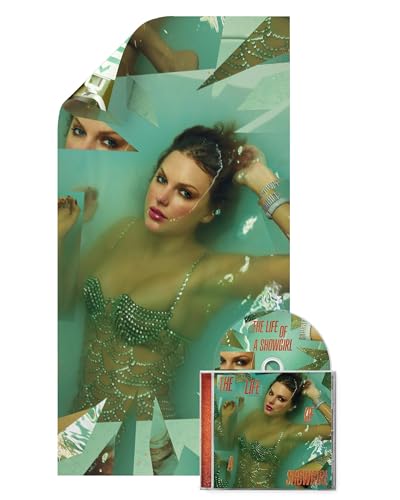H
Healthy Spaces

Fighting climate change means juggling a thousand moving parts, from how we power our cities to how insects sustain our ecosystems. Artificial intelligence is uniquely equipped to take on that scale of challenge, analyzing massive data sets, predicting problems before they happen, and unlocking solutions humans alone could never achieve. In this episode, hosts Dominique Silva and guest co-host Rebecca Handfield (BrainBox AI) speak with Jean-Simon Venne, co-founder of BrainBox AI and leader of the BrainBox business at Trane Technologies, and Dr. David Rolnick, Assistant Professor at McGill University and co-founder of Climate Change AI. They share how AI can slash building emissions, extend equipment life, and open up new frontiers in biodiversity research. We also take a behind-the-scenes look at Trane Technologies’ new AI Lab in Montreal, where the next generation of HVAC innovation is being designed and created. With a focus on practical applications over theory, the lab is harnessing AI as a powerful ally in the fight against climate change, while keeping ethics, responsibility, and trust at the center of every breakthrough. About Healthy Spaces Healthy Spaces is a podcast by Trane Technologies where experts and disruptors explore how climate technology and innovation are transforming the spaces where we live, work, learn and play. This season, hosts Dominique Silva and Scott Tew bring a fresh batch of uplifting stories, featuring inspiring people who are overcoming challenges to drive positive change across multiple industries. We’ll discover how technology and AI can drive business growth, and help the planet breathe a little bit easier. Listen and subscribe to Healthy Spaces on your favorite podcast platforms. Links: A New Era for Smart Buildings with AI Controls and AI Agents - Press Release AI in the Built Environment, Sustainable Markets – White Paper Trane Technologies AI Lab - Website Digital Solutions: Using AI and Autonomous Control to Listen to Your Building - Blog How AI Can Help Dramatically Reduce Energy Demand and Emissions - Blog Trane Technologies Website Healthy Spaces YouTube Brainbox AI Website Climate Change AI Website Dominique Silva Profile Rebecca Handfield Profile Jean-Simon Venne Profile David Rolnick Profile…
























